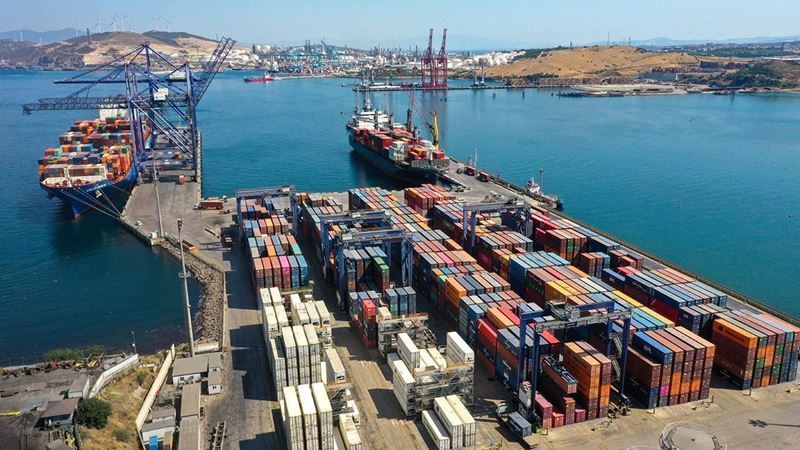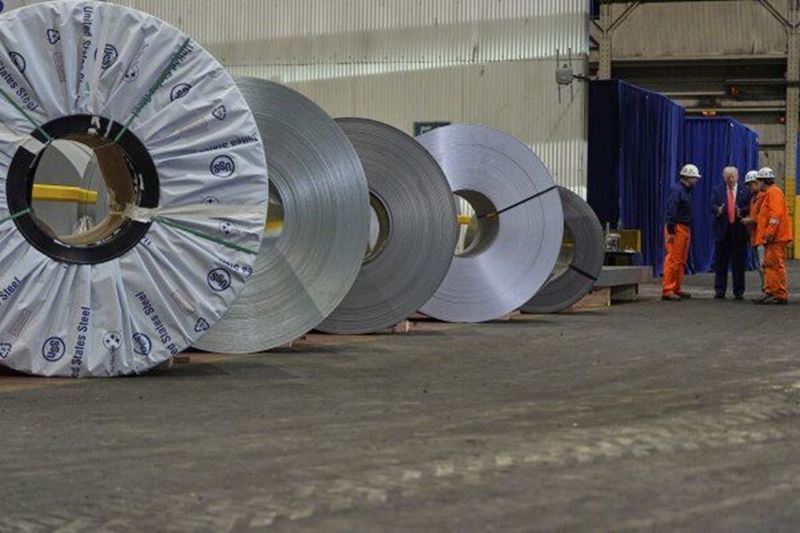Council officials stated that the new regulation will reduce regulatory and administrative burdens for EU companies, especially SMEs, and lower compliance costs. While the climate objective behind CBAM remains unchanged, it was underlined that around 99% of the embedded emissions in imported CBAM goods will continue to be covered. Denmark’s Minister for European Affairs, Marie Bjerre, stated: “To succeed in the green transition and enhance Europe’s competitiveness, we must reduce unnecessary burdens. This tool does exactly that; while preserving our climate goals, we are making life easier for European businesses.”
Key elements of the regulation include the introduction of a new de minimis mass threshold, replacing the existing threshold value. Accordingly, imports of up to 50 tonnes per importer per year will not be subject to CBAM rules. This change is expected to provide an exemption for SMEs and individuals importing CBAM-covered goods in small or negligible quantities.
The new regulation also contains measures to prevent disruptions for importers awaiting CBAM registration at the beginning of 2026. Imports of CBAM goods will be allowed under various conditions until the importer’s CBAM registration is completed.
The amended regulation introduces further simplification measures in authorization procedures, data collection processes, emission calculations, verification rules, and the calculation of financial liabilities for authorized CBAM declarants. In addition, it makes adjustments to penalty provisions and rules relating to indirect customs representatives.
The EU legislative act will be published in the EU’s Official Journal in the coming days and will enter into force on the third day following its publication.










Comments
No comment yet.